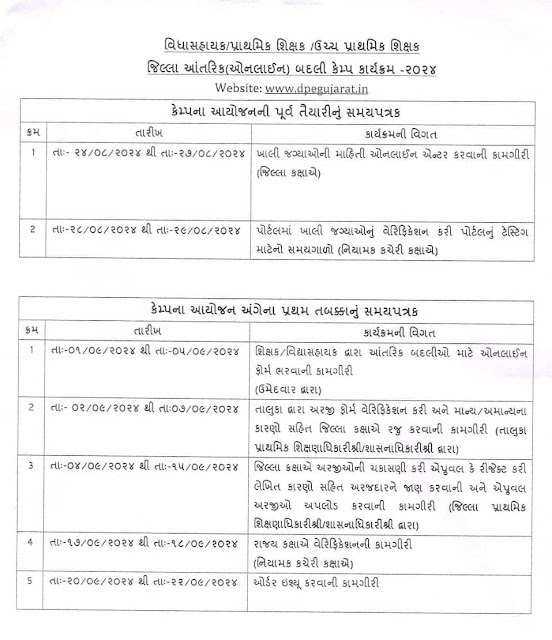MATDARYADI KHAS SANXIPT SUDHARNA KARYKRAM 2019 PRASIDHDHI TARIKH FERFAR BABAT PARIPATRA DATE- 16-1-2019.
One of the most important features of the democratic policy is elections at regular intervals. Holding periodic, free and fair elections are essentials of a democratic system and a part of the basic structure of the Constitution. The Election Commission is regarded as the guardian of elections in the country. In every election, it issues a Model code of Conduct for political parties and candidates to conduct elections in a free and fair manner. The commission issued the code for the first time in 1971 for the 5th Lok Sabha elections and revised it from time to time. It lays down guidelines for the conduct of political parties and candidates during an election period. However, there have been instances of violation of the code by various political parties with complaints being received for misuse of official machinery by the candidates.[11][12] The code does not have any specific statutory basis but only a persuasive effect.[11][12] It contains the rules of electoral morality.[11][12] However, this lack of statutory backing does not prevent the commission from enforcing it.[11][12][13][14][15]
A law regarding the registration process for political parties was enacted in 1989 and a number of parties got registered with the commission.[16] The registration helps avoid confusion ensures that the political parties are brought under the purview of the commission.
The election commission has the right to allow symbols to the political parties. It gives recognition to the national parties, state parties and regional parties. It set limits on poll expenses. The commission prepare electoral rolls and update the voter's list from time to time. Notifications of dates and schedules of election for filing nominations are issued by the commission. It is noteworthy that Election commission cannot allot same symbol to two regional political parties even if they are not in the same state.[17]
The commission can issue an order for prohibition of publication and disseminating of results of opinion polls or exit polls to prevent influencing the voting trends in the electorate.[18][19][20]
To curb the growing influence of money during elections, the Election Commission has made many suggestions and changes in this regard. The commission has appointed IRS officers of the Income Tax Department as Election Observers (Expenditure) of all elections and has fixed the legal limits on the amount of money which a candidate can spend during election campaigns.[21][22] These limits have been revised over time. The Election Commission, by appointing expenditure observers from the Indian Revenue Service, keeps an eye on the individual account of election expenditure. The commission takes details of the candidate's assets on affidavit at the time of submitting nomination paper, who are also required to give details of their expenditure within 30 days of the declaration of results. The campaign period has also been reduced by the commission from 21 to 14 days for Lok Sabha and Assembly elections to cut down election expenditure




